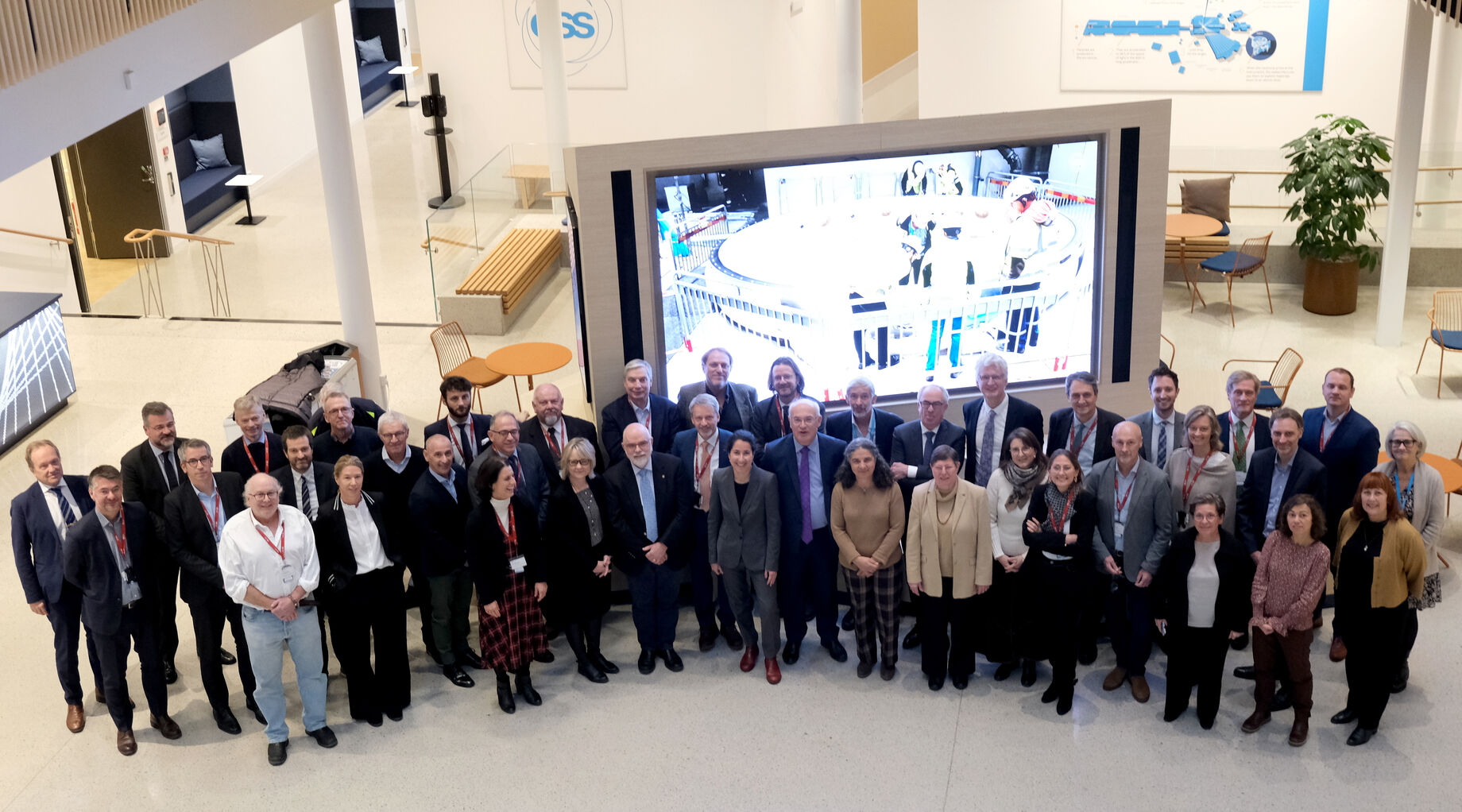
At the ESS Council meeting held in Lund last week, the member countries reaffirmed their strong support for ESS and the revised project plan established in December last year, which allows ESS to complete the construction project and be in full operations in late 2027, two years later than originally planned.
Pending national ratification processes, the representatives from the 13 member states confirmed their contributions to the additional costs of MEUR 550. These additional costs are mainly due to the effects of the Covid-19 pandemic on the construction project and technical challenges.
“The foreseen funding of the additional costs is evidence of the strong and unwavering support for ESS in all our member countries, and we are gratified by this clear mandate to continue working according to our revised project plan,“ said Helmut Schober, ESS Director General. “We at ESS, together with our partners, are totally committed to finalising the project on time, and to open in 2027 for use by Europe’s outstanding community in neutron science.”
The Council meeting was preceded by an additional session fully dedicated to the quality of fabrication and integration of technical components, in order to provide select in-kind partners and ESS the opportunity to align on major priorities, and present to Council their common way forward for the delivery of the remaining scope of the project, within the agreed time and budget.
The session identified several measures to strengthen collaboration and enhance performance, at ESS and across the partner institutes in the member states. The discussions focused on, among other things, measures and plans to better secure the quality of technical components, by capitalising on existing know-how and bringing in additional expertise, at ESS as well as among the in-kind partners.
“We had very fruitful and forward-looking discussions on how to anticipate and tackle challenges, enabling us to address them instantly and decisively”, said Beatrix Vierkorn Rudolph, Chair of the ESS Council. “I am pleased to see how all involved parties put their efforts into ensuring the successful completion of the complex and high-tech project that is ESS, in order to be ready for science in 2027 as planned.”
























